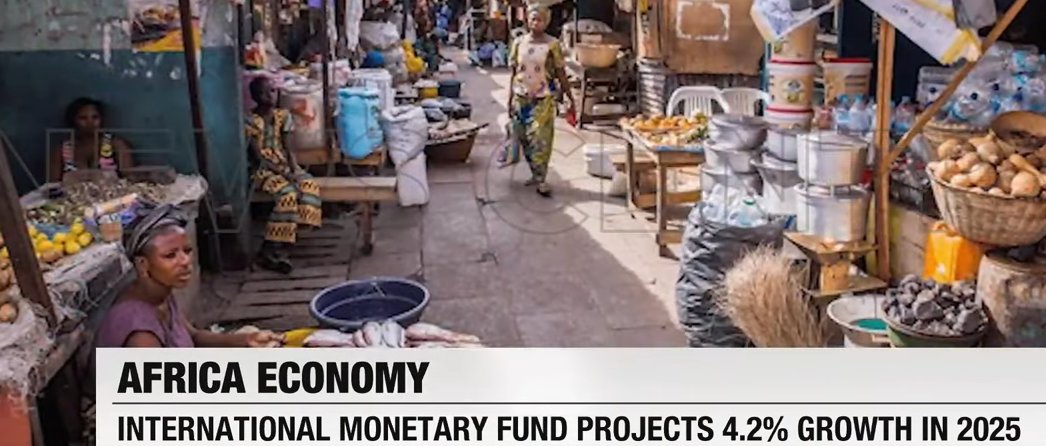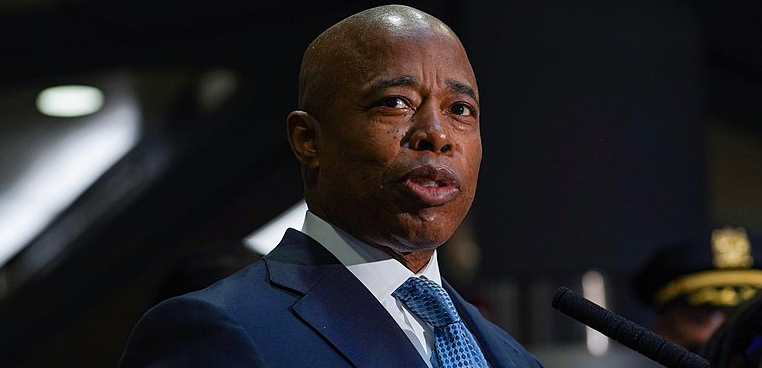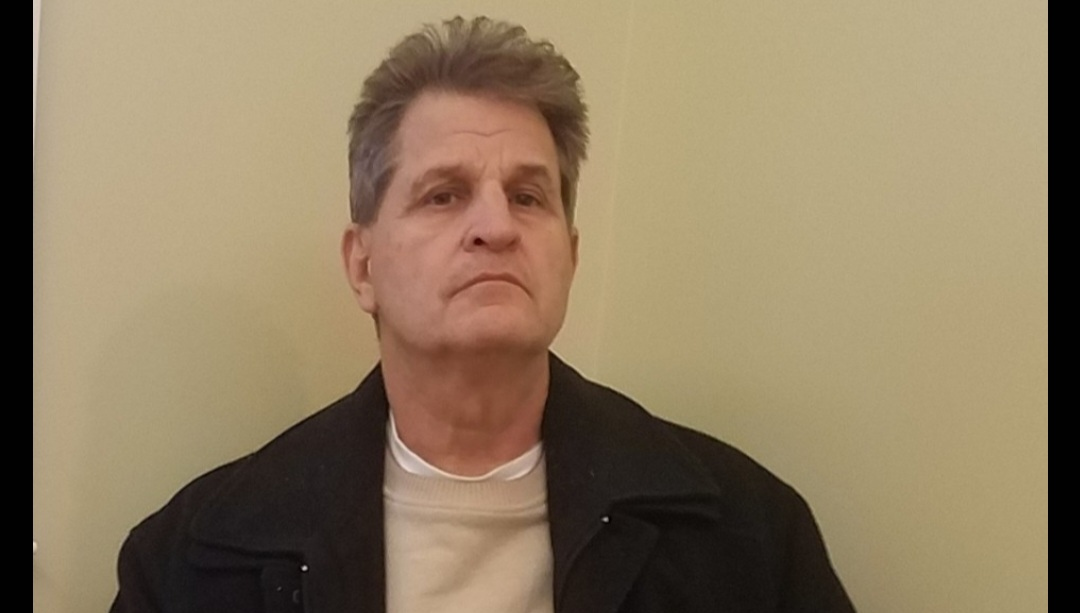Photos: Facebook
June 19, 2022, St. John the Baptist Parish, Louisiana – Sunday, to commemorate Juneteenth, Representative Raul Grijalva (AZ), a national leader on environmental justice, attended a land blessing in Wallace, Louisiana honoring enslaved people buried on the site of a proposed grain terminal. The ceremony was hosted by the Descendants Project, which is challenging an illegal, decades-old rezoning ordinance in an effort to prevent construction of the terminal, which poses a grave danger to both the health of residents and the bodies of their ancestors.

Rep. Grijalva spent the weekend touring Louisiana’s river parishes on the invitation of Jo and Joy Banner, co-founders and co-directors of the Descendants Project. The visit is part of a community-input process for the Environmental Justice For All Act. Introduced in the House by Rep. Grijalva and Reps. Donald McEachin (VA) and Tammy Duckworth (IL), the legislation is an ambitious attempt to remedy the kinds of injustice prevalent in Cancer Alley, where numerous factories endanger the health of the largely Black population.
Saturday Rep. Grijalva (shown below middle) visited sites of deep cultural significance to the area’s Black residents, witnessed the dangers posed by industrial expansion, and met with people working to protect their communities. Today, speaking at the ceremony, he said the purpose of the Environmental Justice For All Act “is to give communities like this beautiful community and its people the dignity and the respect under the law where they are able to defend themselves and protect their families and their communities. It’s as simple as that.”

Sunday’s land blessing underscored the fact that environmental racism threatens to deprive black and indigenous communities of not only their futures but also their histories.
“Our people have been here for hundreds of years,” said Chief August Creppel of United Houma Nation. “They’ve been fighting the same fight. But the local government, the state government, and the federal government, they ignore us. They know who we are when they want to get into office, but after that, they forget about us. So I always tell my people. We have to be seen and we have to be heard, or we’re forgotten about. This is not our past, this is our history; these are our people’s bones. It might not mean something to them, but it means something to us.”
Even though a district court has ruled that the Descendants Project lawsuit can proceed, Greenfield Louisiana has begun “pre-construction” activities on the land. There is strong evidence that the site, which is adjacent to two former plantations, contains the graves of enslaved people. Recently, a researcher from Forensic Architecture, an internationally recognized agency based in London, identified a series of archaeological anomalies on the land that, they say, point to the presence of unmarked burial sites.
Greenfield, Louisiana, the company seeking to build the terminal, hired a different architectural firm to assess the site, but an ex-employee of the company has challenged the validity of its findings. In an email to the state Division of Architecture, the ex-employee wrote that “the report was written by the project manager and the client, playing architectural historian, and they have made eligibility determinations and conclusions in the report that I absolutely do not agree with.”
Along with other descendants of enslaved people, the Banners regard the land on and around former plantations as sacred. The damage inflicted on Black communities by projects like the proposed grain terminal are therefore just as much psychic as physical, and it has been wrenching for residents to witness the beginning of its construction.

The Center for Constitutional Rights works with communities under threat to fight for justice and liberation through litigation, advocacy, and strategic communications. Since 1966, the Center for Constitutional Rights has taken on oppressive systems of power, including structural racism, gender oppression, economic inequity, and governmental overreach. Learn more at ccrjustice.org.








